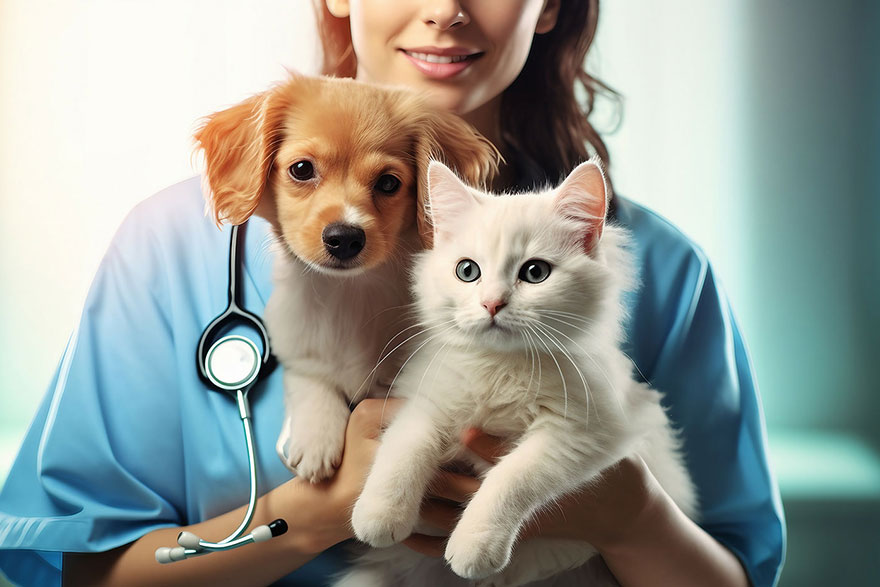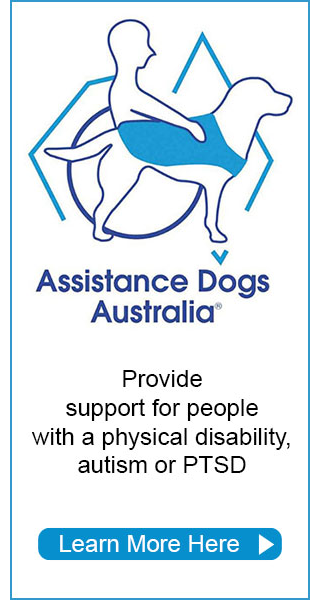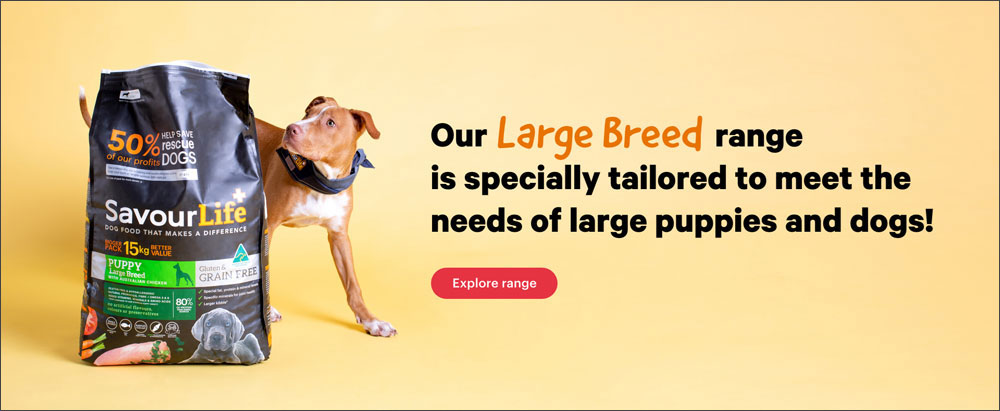
The Role of Veterinarians (Vets) Explained
- Share
- Share
- Share
- Share
The Role of Veterinarians (Vets) in Australia.
A local vet is someone you’ll need to visit on a regular basis throughout the life of your cat or dog, so it’s a good idea to understand the role they play and services they provide.
Vets are medical professionals and to be licensed in Australia must complete a Bachelor of Veterinary Science, Surgery or Medicine (BVS, BVSc, BVetMed or BVMS). Many then undertake an additional 4 years of postgraduate study to become a Doctor of Philosophy – Veterinary Science (Dr).
In a general practice, the day-to-day activities of a vet would include dealing with a wide range of health conditions and injuries across the spectrum of animals. They also play a role in animal reproduction, health management, breeding and preventive medicine like nutrition, vaccination and parasitic control.
Unlike human doctors, veterinarians must rely primarily on clinical signs, as animals are unable to articulate symptoms as a human would. In some cases, pet owners may be able to provide a medical history and the veterinarian can combine this information along with observations, and the results of pertinent diagnostic tests such as radiography, CT scans, MRI, blood tests and urinalysis.
Again unlike human doctors, vets must consider the appropriateness of euthanasia (‘putting to sleep’) if a condition is likely to leave the animal in pain or with a poor quality of life, or if treatment of a condition is likely to cause more harm to the animal than good, or if it’s unlikely the animal would survive the treatment regimen. Sadly too, there are scenarios where euthanasia is considered due to the constraints of the owner’s finances, often because there is no pet insurance cover.
Drawing another parallel to human doctors we can all relate to, a vet often chooses to specialise beyond a general practice, focusing on specific types of animals.
Some vets prefer to deal with domestic animals kept as pets, while some enjoy dealing with livestock and other larger animals, and some have narrowed their practice even narrower to deal with just horses for example.
Horses are different in anatomy, physiology, pathology, pharmacology, and husbandry to other domestic species. Specialisation in equine veterinary practice is something that is normally developed after qualification.
Aquatic animals require specialist vets whether they’re fish or mammals kept in marine parks or zoos for example, which takes us to the wide range of animals kept in zoological gardens or wild game parks.
Many practices are incorporating dentistry into their daily medical services. Veterinary dentistry can extend the life of the animal by preventing oral disease and keeping the teeth and gums in healthy condition.
Mobile vets are also sought after, not only for domestic animal owners who struggle getting to a clinic, but for larger animals that are a significant challenge to transport.
To finalise the parallels between human treatment by doctors and animal treatment by veterinarians, pharmacological companies provide an integral role. From providing various vaccines to weight control medicines there is a drug for every condition.
Because there are so many mixed breed dogs, ‘Waltham’ has developed a DNA test to determine the identification of mixed breed dogs. A blood sample taken by your local vet and analysed by a lab, can now determine the genetic makeup of your dog, which can then give you an insight into their behaviour and breed-related weight or disease risk factors. It can go back to your dog’s great grandparents too, for some ancestry history.
Not all breeds are detected, so it’s worth discussing the test with a local vet for your specific case.
A Summary of The Role of Veterinarians in Australia
A vet play an invaluable service to the overall health and wellbeing of your ‘fur baby’, whether it be a domestic cat or dog, or another pet.
While many will only visit their local vet once a year for vaccine injections and a general check-up, a veterinarian-surgeon may be needed to attend to an injury.
While at the vets, don’t be afraid to ask questions and advice. From how to correctly trim your pets’ nails if you’d like to do it yourself, rather than using pet groomers on a regular basis, to the best way to clean their teeth, to diet advice, a veterinarian will be only too happy to help guide you; oh, and they don’t bite either!

Hi, I’m Isabella, the new Editor In Chief at PetsBook. Apart from writing some articles myself, with over 25 years pet experience, i am responsible for making sure you receive up to date information to keep your dogs and cats healthy, happy & wise.








